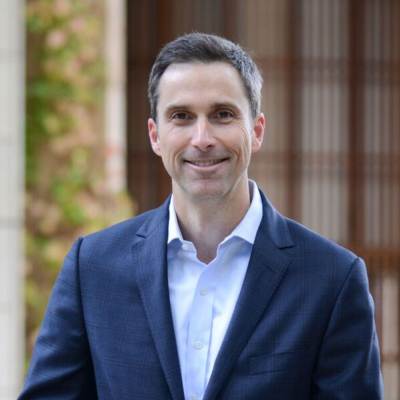 Alumni Weekend 2018
Alumni Weekend 2018
 David Engstrom
David Engstrom
David Freeman Engstrom is a far-ranging scholar of the design and implementation of litigation and regulatory regimes whose expertise runs to civil procedure, administrative law, federal courts, constitutional law, legal history, and empirical legal studies.
Professor Engstrom’s award-winning scholarship has appeared in Stanford Law Review, Yale Law Journal, and Columbia Law Review, among others, and has been cited in scores of federal and state court decisions and litigation briefs. His expert commentary has appeared in numerous outlets, including The New York Times, The Wall Street Journal, The Washington Post, USA Today, The National Law Journal, CNN, and MSNBC. Past projects include the first large-scale empirical investigation of qui tam litigation under the False Claims Act, a series of articles on the history of the class action, and a much-cited critique of empirical studies of recent changes to civil pleading rules. Current work includes a book charting the evolution of American job discrimination laws, an effort to guide states on how they can, within constitutional constraints, exercise leadership on climate and other global policy issues, and a study of the political economy of civil procedure rulemaking. He is also currently serving as principal advisor on a project for the Administrative Conference of the United States investigating the use of artificial intelligence within the federal administrative state.
Beyond teaching and research, Professor Engstrom has served as counsel or consultant to a wide range of entities, including law firms, major corporations, governments and administrative agencies, and a leading litigation finance company. He regularly authors amicus briefs in key cases before the U.S. Supreme Court and elsewhere. He is an elected member of the American Law Institute. He is currently serving as Stanford Law School’s Associate Dean for Strategic Initiatives, working to shape the law school’s programs and offerings around law and artificial intelligence and to expand the law school’s public policy footprint.